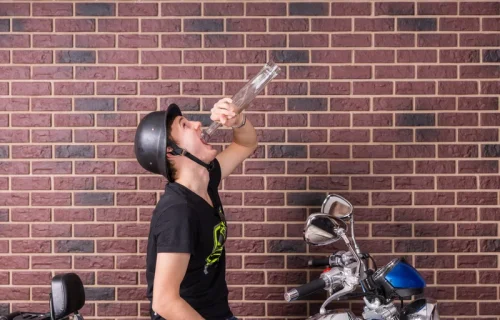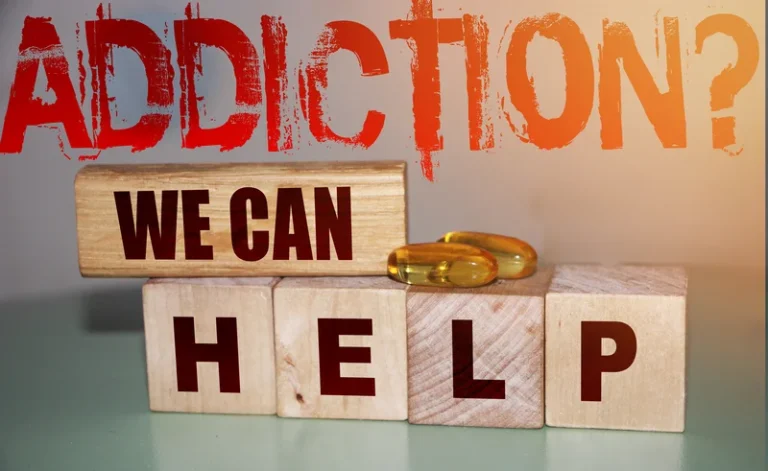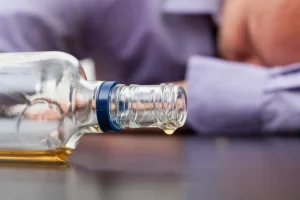How Long Does CBD Stay in Your System?
Research suggests that the half-life of THC metabolites ranges from 25 to 55 hours in blood. We’ve outlined the likely amount of CBD that stays in your system according to regular daily dosage. Please note that these are broad estimates at best and only relate to smoked or eaten CBD. These statements have not been evaluated by the Food and Drug Administration. These products are not intended to diagnose, treat, cure, or prevent any diseases. There are natural enhancers to give you the quality shut-eye you deserve, which include 5HTP and CBD.

Forms of CBD Consumption
A 2017 study reports on testing where hair samples from 136 cannabis users self-reporting heavy, light, or no use of cannabis. For the study, researchers cut hair into 1-centimeter sections to test for exposure up to a month prior. Drug tests can detect relatively small quantities of THC, and the amount of THC in a given cannabis cigarette varies.
- Tolerance is acommon phenomenon with a vast array of substances that affect the brain, particularlythose acting on the body’sopioid receptors.
- By Sherry ChristiansenChristiansen is a medical writer with a healthcare background.
- CBD retention can vary significantly depending on several factors, but typically it stays in your system for 2 to 5 days.
- Hemp also contains many cannabinoids—a group of substances found in the cannabis plant.
- The form used, dosage, and your body composition all play a role and make it hard to predict how quickly CBD will kick in or how it will affect you.
Here’s the Answer: We Don’t Know Precisely Yet
Fortunately, you don’t have to worry about failing a drugtest as a kratom user – at least for now. And so, this applies to casual usersas well as people who take kratom on a daily basis. You can go ahead then andkeep on with your kratom routine, without worrying about getting any kind ofharsh penalty should you get tested for drugs.
What’s the difference between full-spectrum and broad-spectrum CBD?

The higher the concentration of a CBD oil or supplement, the longer it takes your liver to process, and the longer active ingredients stay in your system. Our metabolism is a combination of chemical reactions, one of which includes the conversion of food to energy. The faster your metabolism, the quicker substances (including CBD) are broken down, processed and eliminated. From the liver, CBD metabolites move around the body, where they may interact with a wide variety of receptors.

It’s thought that a single dose of CBD will leave your system after about a day, but more regular CBD users would need to wait about a week for the compound to leave your system completely. Like any substance, the more you use it, the more it builds up in your system and the longer it will take for your system to be completely free from it. These remedies are, however, not reliable and provide only moderate utility. If your job is on the line, it would be best to err on the side of caution and skip out on your dose for at least 15 days so you will know with relative certainty you can pass the test.
Generally speaking, the effects of CBD can linger anywhere between 1 and 10 hours depending on the above factors. Below we outline the most common forms of CBD and compare the time required for the effects to kick in. Some people report the first effects within minutes after consuming CBD, whereas for others, it may take up to an hour until they can feel the difference. Or, you’re just interested in the biochemistry of CBD and how it can affect you over time. In another study[2], half-life of CBD was evaluated based on a single dose in the amount of 20mg and 18.8–19.4mg administered intravenously and smoked respectively.

What are the benefits of CBD?
One reason it’s becoming more popular is that it’s said to lack THC. CBD vape products include E-liquid (vape oil), concentrates, and hemp flower, which is a THC-free version of cannabis buds that you can roll into joints or consume in a dry herb vaporizer. The oil gets absorbed through a complex network of blood vessels that transfer CBD into the bloodstream allowing it to avoid the digestive system. Usually, the effects of sublingual CBD come within 15–20 minutes after administration. CBD is a very unique and complex compound that can affect everyone slightly differently.
Type of CBD Administration

The mission of The CBD Insider is to provide consumers with a way to find high-quality, safe, and well-formulated CBD products. Our editorial team of passionate industry professionals achieves this mission by providing unbiased, trustworthy, and well-researched reporting about the CBD industry. Some of these methods (i.v., topical) bypass the aforementioned first-pass metabolism, but because of other processes, this doesn’t necessarily mean they last longer. An even more important determinant of the duration of cannabidiol’s effects is the ingestion method. In states where cannabis has been legalized, CBD is widely available in many different preparations (tinctures, capsules, edibles, creams, tongue sprays, and vaporizer sprays). However, you should ensure you’re not unwittingly buying a legal product high in THC.
They tested the volunteers two hours after CBD consumption and found that all of them tested positive for CBD metabolites in their urine from 35 total tests. Also, the researchers created a time profile for one volunteer and found that CBD was detectable in urine for about 24 hours. However, full-spectrum CBD products from industrial hemp can legally contain up to 0.3% THC.
Well, cranberry juice is otherwise full of vitamins, but you don’t have to drink it specifically for detox. The only drug test you should be mildly worried about is the saliva test, but only if you’re surprised with it in the following is cannabidiol addictive couple of days, in case some of the THC still lingers in your mouth. You probably know that cannabis lingers in your system for a while before it gets eliminated, which is why it can be detected on a drug test weeks after use.
